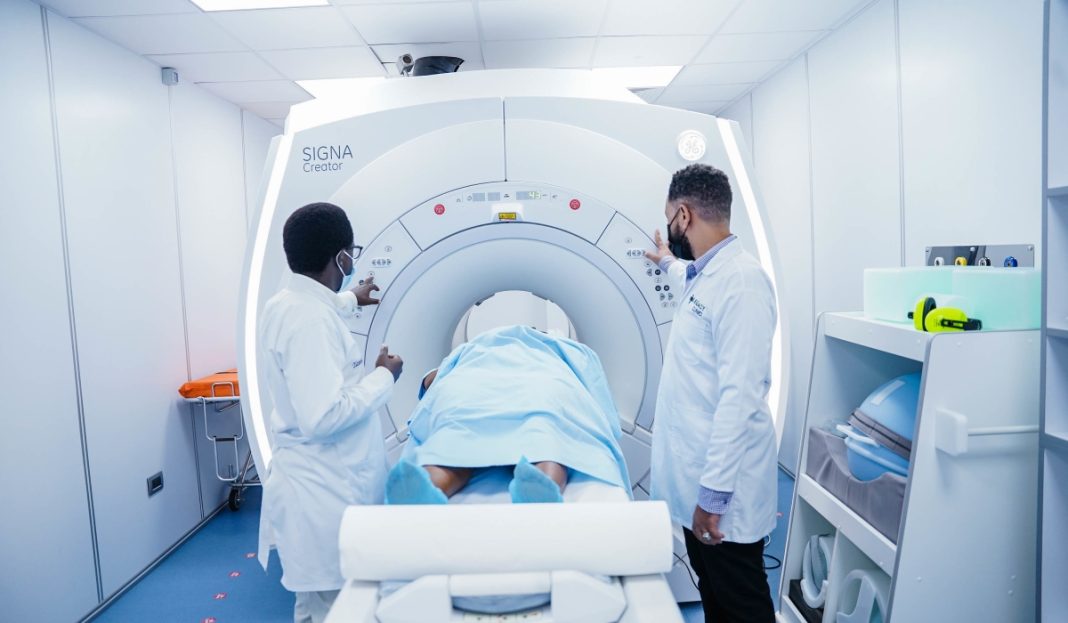The Ministry of Health has said that the delay in setting new medical tariffs to replace the current ones that private health facilities say are low and make them incur losses is due to the complexity of the exercise that requires agreement among all concerned entities.
This comes after the ministry officials announced that a comprehensive revision of medical tariff was set for completion in June and that their application was expected to start in July 2024, to help address financial hardships that are negatively affecting medical facilities.
In a recent interview with The New Times regarding the delay in setting the new medical tariff, Zachée Iyakaremye, the Permanent Secretary at the Ministry of Health, explained that the tariff is determined collaboratively by all relevant stakeholders, not by a single entity

The players include medical facilities, insurers who cover medical bills for health care provided to patients], the Ministry of Health, the Ministry of Finance and Economic Planning, he said, pointing out that they all have to reach an agreement on the medical tariff in question.
“Setting medical tariffs is a heavy task such that it takes time for it to be effective,” he said.
Information from the Rwanda Private Medical Facilities Association (RPMFA) shows that the facilities are affected by current unfavourable health service fees that are threatening their sustainability and growth, as well as the development of Rwanda’s health sector as they discourage investments in, among others, acquiring advanced medical equipment, and employment of medical experts who need relatively higher remunerations.
The current tariffs took effect in 2017 and were supposed to be used for one year, after which they would be adjusted accordingly, in 2018, RPMFA indicated, adding that they remained unchanged until now.
Iyakaremye pointed out that the tariff review concerns both private and public health facilities, adding that it will also factor in medical services that are offered in Rwanda currently, which was not the case before [when the current tariff was set in 2017], citing kidney transplant procedures.
The review of the tariffs, Iyakaremye said, “is under discussion by all concerned entities including health facilities, medical practitioners so that they make sure that all medical services or procedures are covered, and health insurance to see whether tariffs being proposed are realistic, and the Ministry of Finance and Economic Planning which also oversees insurances.”
However, he did not mention the exact period within which new tariffs could be approved and issued for application after the previous period was not met.
“Our wish [as the Ministry of Health] is that they get completed as soon as possible. But the exact date will depend on the consultation progress, and what people might request to be changed,” he said.


